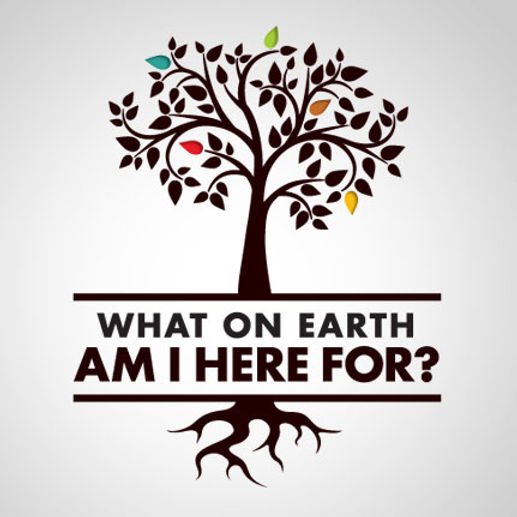NAFFA has developed a new approach to emotional wellness called The 3 Pillars of NAFFA. They are:
Each pillar has its own value and purpose to make one emotionally whole. This post is the third of three posts: The Value of Purpose
Have you ever tried to find a place you wanted to visit but didn’t have a map or a GPS system? It’s very difficult unless you know where you are going. That is what a life with no purpose is: no map or direction to where you want to go in your life.
How can we accomplish anything unless we know where we are going? Knowing what our purpose is helps our emotional state of mind and improves our self-worth and personal identity. Through the Native American Fatherhood and Families Association curricula we teach that finding our purpose uncovers the potential and we can use it to create a better world for our families and communities.
Kendall Bronk, a researcher who directs the Adolescent Moral Development Lab at Claremont Graduate University in Claremont, California, reports seven ways to help us find our purpose.
1. Identify the things you care about: This self-assessment helps us know what we really want to accomplish and points us in the right direction. We will find our purpose much quicker if we discover what we really care about.
2. Reflect on what matters most: What matters most to us is important to us. Most of us have more than one idea but what matters most in our lives gives us a boost to motivate us to find our purpose.
3. Recognize your strengths and talents: We all have strengths, and we are all good at something. Sometimes we have to really dig into our souls to find it, but it is well worth the journey in recognizing our strengths and talents. This will give us a direction on what we want to achieve and gives us a purpose.
4. Try Volunteering: Nothing helps us more to feel joy and purpose in our lives than when we volunteer to help others. There is some kind of magic that happens to our being when we help others which gives us purpose. Healing and caring for others tells others that we care about them. Many people find that their physical health and wellbeing is improved.
5. Imagine your best possible self: This exercise in thinking of our best possible self is inspiring to ourselves. Many studies have shown that a way a person thinks is how a person acts. If we imagine our best possible self, then we start to be that person.
6. Cultivate positive emotions like gratitude and awe: The attitude of gratitude helps us feel that we have more in life. If we concentrate on what we don’t have, we will always feel that we never have enough. If we focus on what we do have, life feels more satisfying. Gratitude produces the most joyful feelings that have ever been known to man. Why wouldn’t we want to feel grateful for what we have. It is the beginning of learning our purpose.
7. Look to those you admire: When we have heroes and mentors in our journey, we can learn from their example. We can follow their successful pattern of life and learn how to improve our situations and difficulties. Look to those you admire for examples of goodness and gratitude.
When we have purpose, we can overcome our difficulties and find more meaning to life. We are happier and as human beings; we can learn to see a common vision which unites and moves us all in the same direction with the same goals of doing good. We are unified and become determined to accomplish the goals we set in life and find our purpose.


